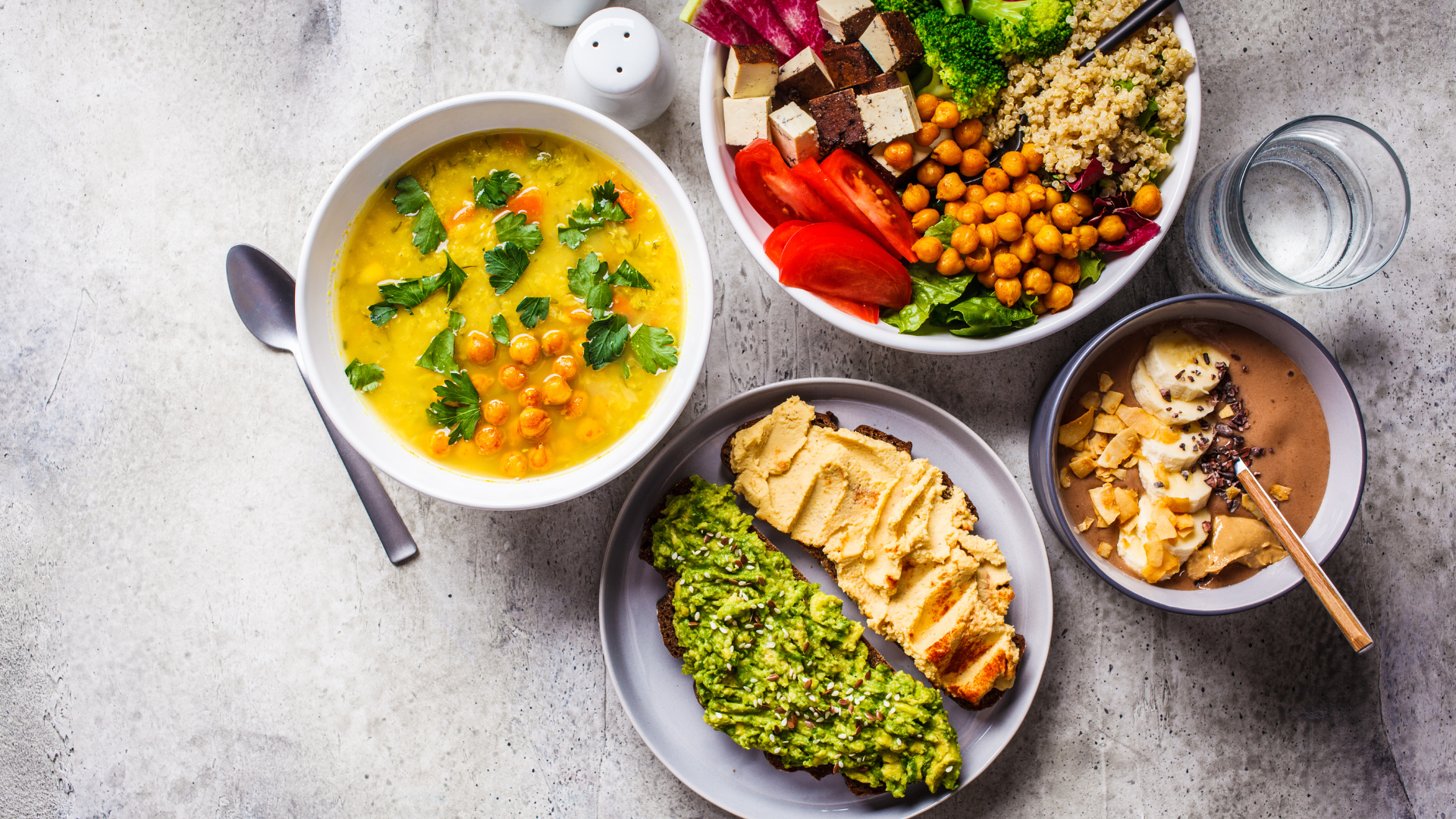Have you ever considered the benefits of a vegan diet? Veganism is becoming increasingly popular for physical and ethical reasons, with many people transitioning to plant-based diets in recent years. In this article, we explore the pros and cons of going vegan, as well as what you need to know about nutrition and meal planning if you are considering making the switch. Read on to find out more!
What is a Vegan Diet?
A vegan diet is a plant-based diet that excludes all kinds of animal products, including meat, dairy, eggs, and honey. Veganism is a popular lifestyle choice for its health benefits and ethical considerations for animals. There are various reasons why people choose to follow a vegan diet. For some, it’s a way to improve their health.
A vegan diet has lowered the risk of heart disease, obesity, and type 2 diabetes. It can also help reduce the risk of certain types of cancer. If you’re thinking about going vegan, it’s essential to do your research and make sure you are getting all the nutrients your body needs. A well-planned vegan diet provides all the nutrients you need to be healthy.
Benefits of Going Plant-Based
There are many reasons to choose a plant-based diet. Perhaps you are looking to improve your health, or you want to reduce your impact on the environment. Maybe you are interested in animal welfare, or you want to enjoy delicious and healthy food. Whatever your motivation, there are many benefits of going plant-based.
- Health: A plant-based diet has been shown to lower cholesterol levels, blood pressure, and the risk of heart disease. It can also help to reverse diabetes and improve kidney function. In addition, plant-based eaters tend to have lower rates of obesity and cancer.
- Environment: Animal agriculture is a significant contributor to climate change, responsible for 18% of greenhouse gas emissions. Plant-based diets require less land and water than meat-based diets and produce less pollution. If everyone in the US went vegetarian, it would be the equivalent of taking 60 million cars off the road!
- Animal Welfare: Animals raised for food are often kept in crowded and filthy conditions, with little room to move or express natural behaviours. They are routinely given antibiotics and hormones, and many are subjected to painful procedures such as debeaking without anaesthesia. By choosing plant-based foods, you can help reduce the demand for these products and spare animals from suffering.
Nutrients to Focus On When Eating a Vegan Diet
- Protein: As a vegan, you’ll need protein from plant sources like beans, lentils, nuts, and seeds. Quinoa is an excellent option because it’s a complete protein; it has all the essential amino acids your body needs.
- Iron: Plant-based foods contain non-heme iron, which is not as easily absorbed by the body as animal-based heme iron. To boost absorption, pair iron-rich foods with Vitamin C-rich foods like citrus fruits or bell peppers. You may also want to consider taking an iron supplement.
- Calcium: Dairy products are the primary source of calcium in most diets, but vegans can get calcium from plant-based sources like dark leafy greens (kale, collards), tofu made with calcium sulfate, dried figs, and almonds. Again, you may consider taking a supplement to ensure you’re getting enough calcium.
- Vitamin B12: It’s found in animal products, so vegans need to supplement with a B12 vitamin or eat fortified foods like cereal and plant-based milk.
- Vitamin D: This is important for your bone health. You can get it from fortified foods or supplements. Sun exposure is also a great source of Vitamin D.
How to Transition to a Vegan Diet
Suppose you’re considering making the switch to a vegan diet; congratulations! You’re on your way to improving your health, saving animals, and reducing your impact on the planet. The good news is that transitioning to a vegan diet is easier than ever. With more and more people adopting plant-based diets, there are more vegan products and options available than ever before.
Some Few tips to help you transition to a vegan diet:
- Start slow. If you’re used to eating meat and dairy at every meal, it can be overwhelming to try and go completely vegan overnight. Instead, start by incorporating more plant-based meals into your diet. Slowly increase the number of vegan meals you have each week until you eat most or all vegan foods.
- Find replacements for your favourite animal-based foods. Just because you’re going vegan doesn’t mean you have to give up all of your favourite foods. There are now Vegan versions of almost everything, from cheese and milk to ice cream and even meat! Do some research or experiment in the kitchen to find replacements for all of your favourite animal-based foods.
- Connect with other vegans. One of the best things about being part of a community is support and encouragement from other vegans who are going through the same thing as you. Connect with other vegans online or in person (if possible) to get tips, share recipes, and support each other on your journey!
Tips for Eating Out as a Vegan
When eating out at non-vegan establishments, it’s vital to be proactive and research ahead of time. Call ahead or check online menus to see what vegan-friendly options are available. Many restaurants are happy to accommodate special requests, so feel free to ask for what you want. If the restaurant has no marked vegan options, that’s okay! You can often make a meal from side dishes or build your plate from the buffet. Be creative and get creative with your order.
When in doubt, always err on caution and assume that an ingredient is vegan only if you’re sure. It’s better to be safe than sorry regarding your food choices.

